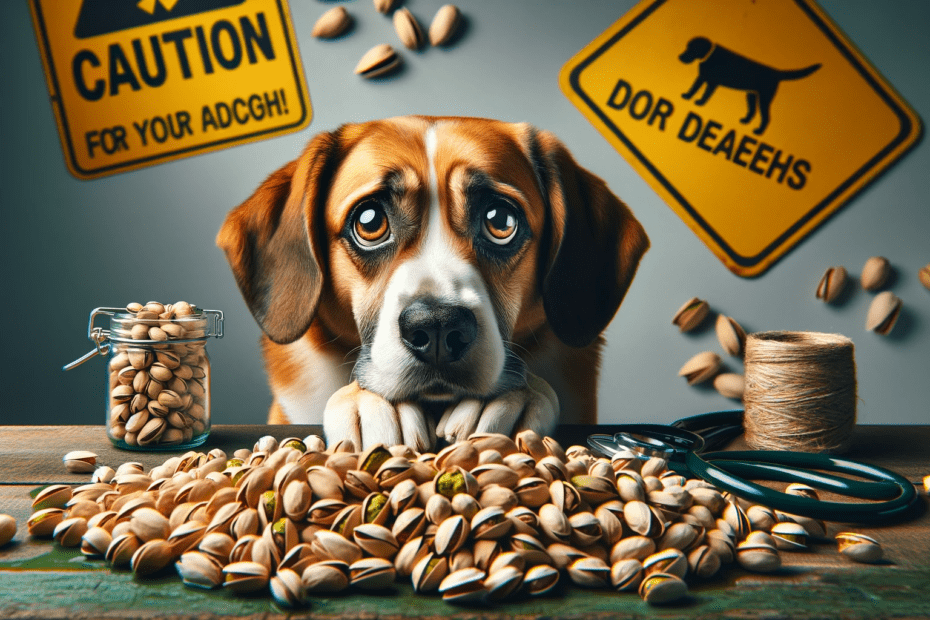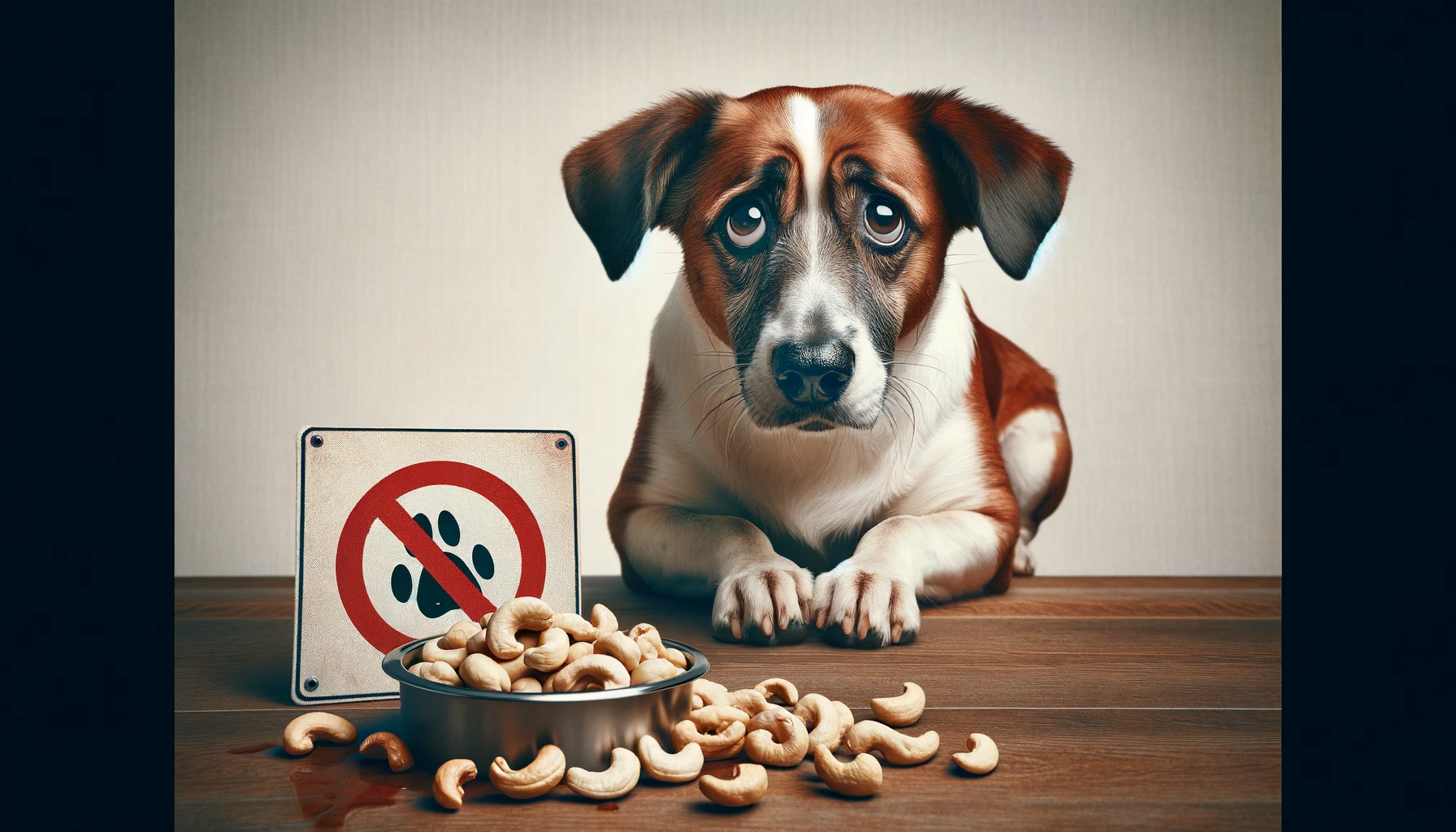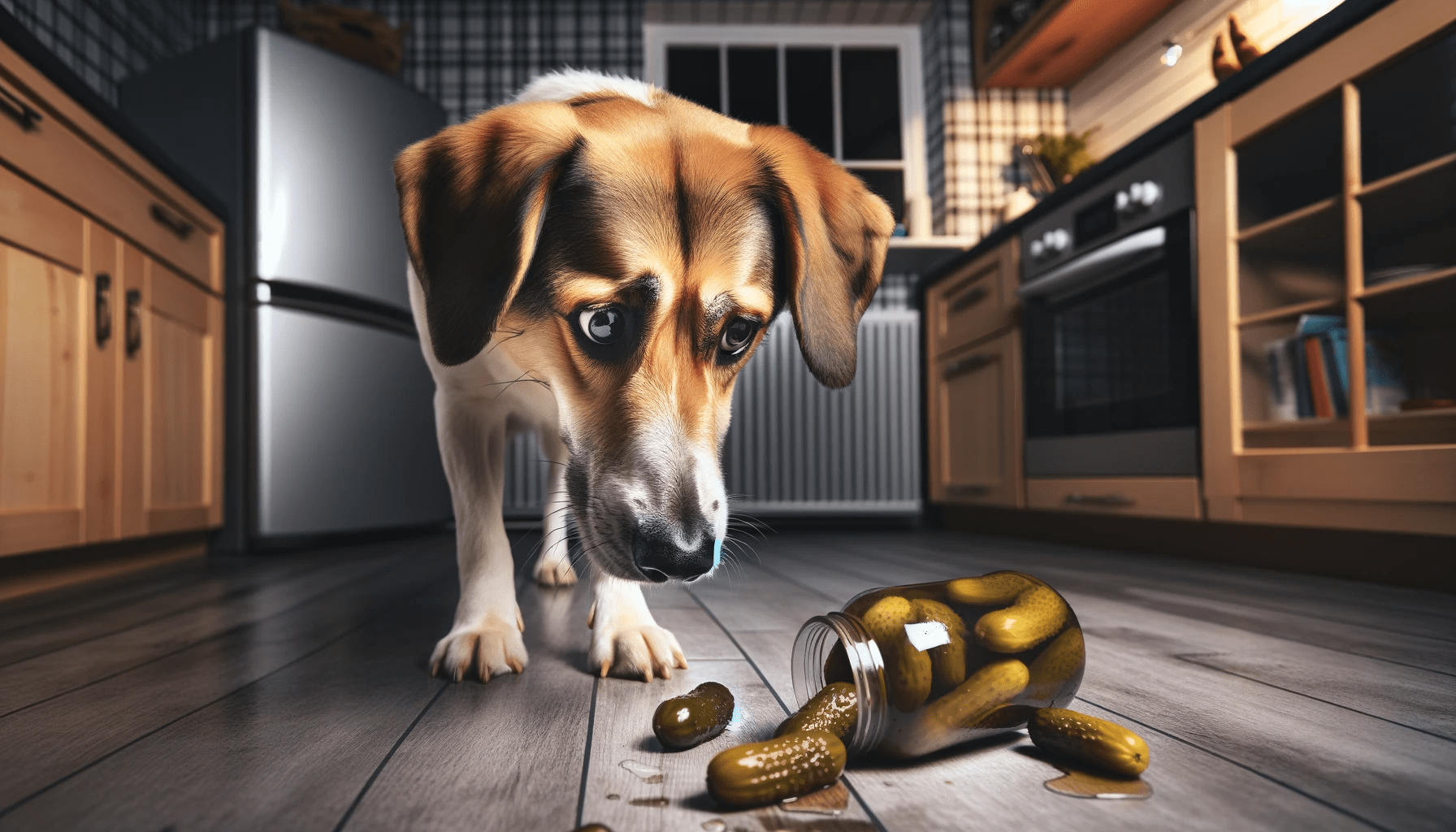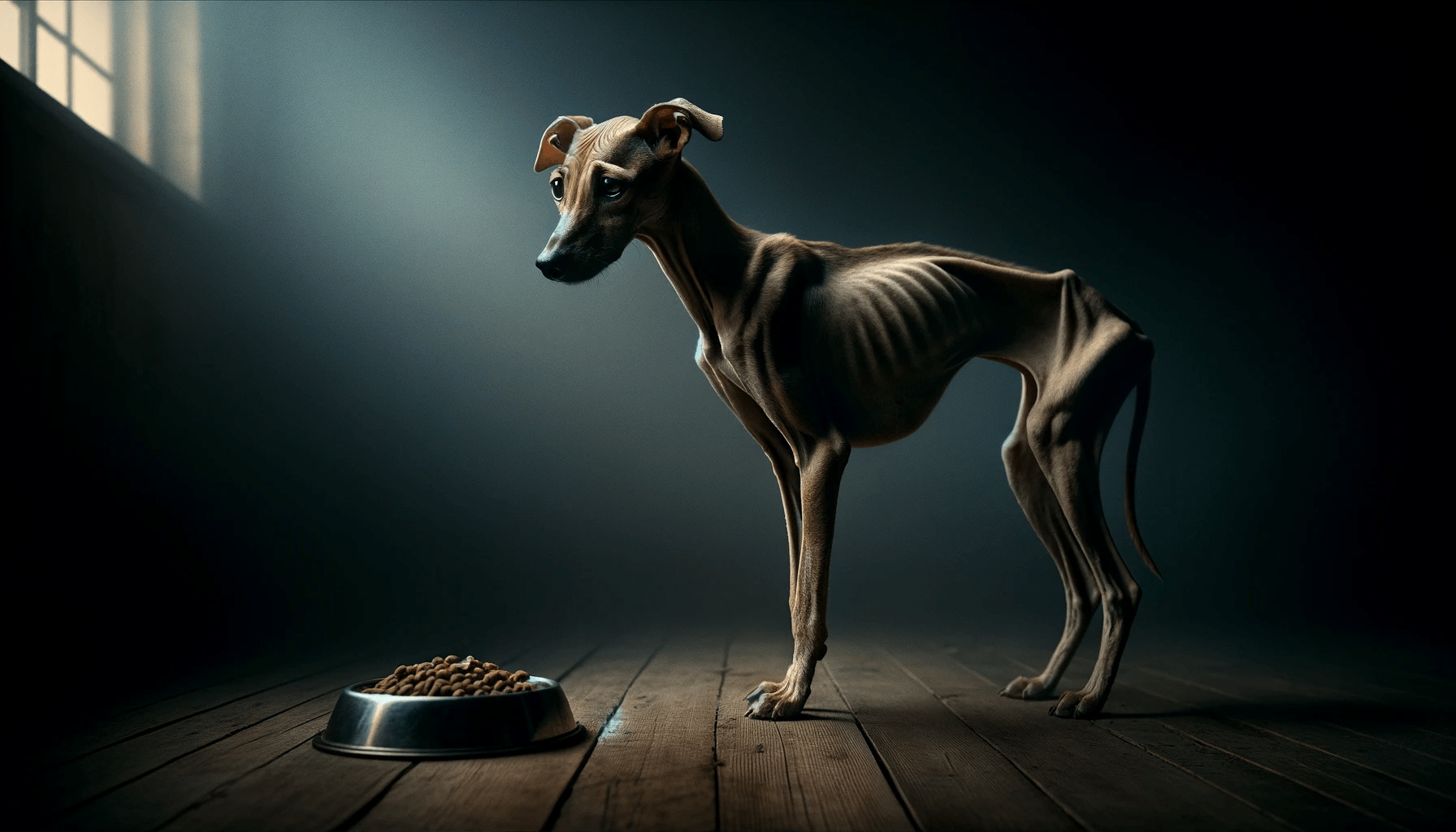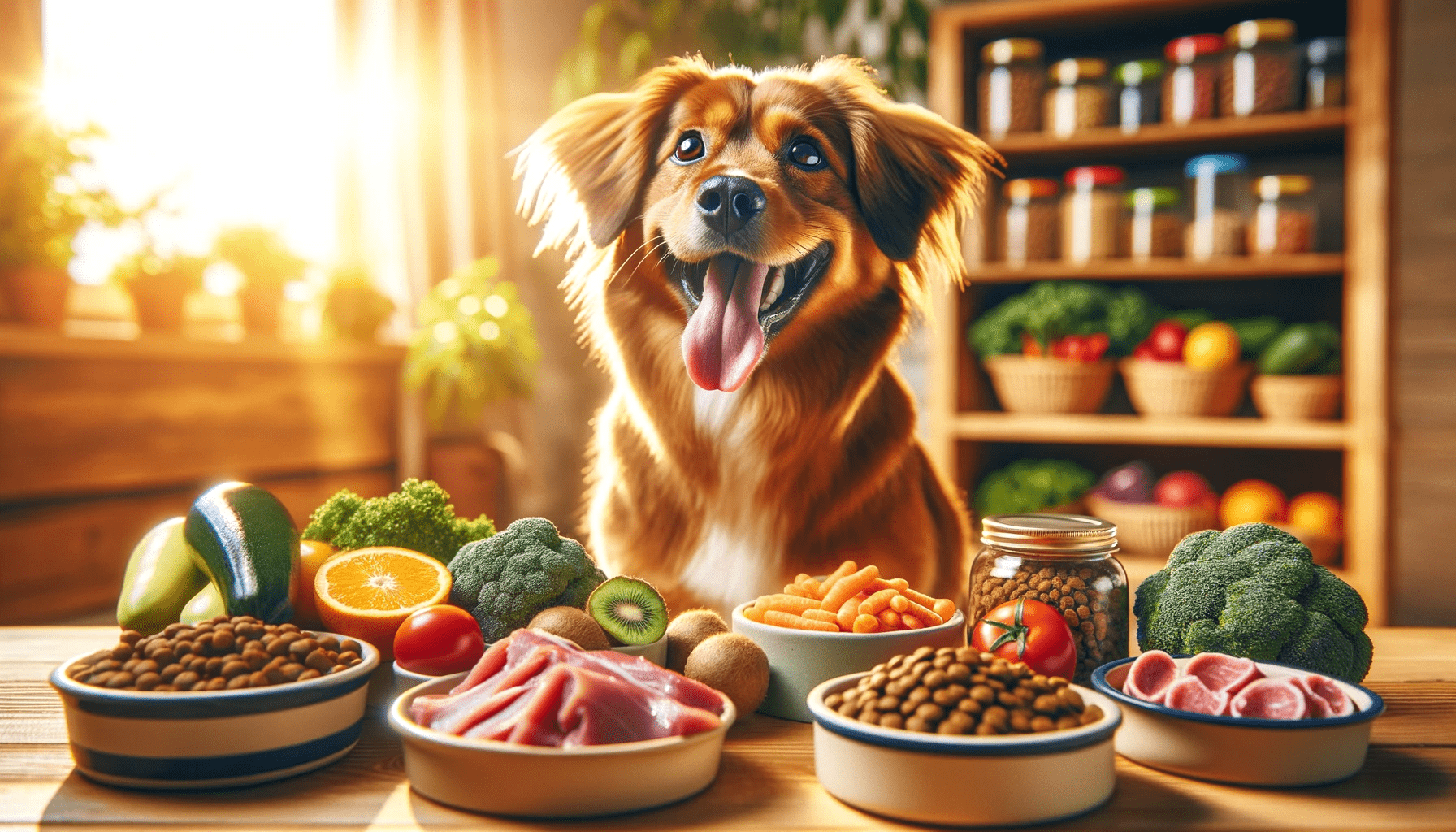Are pistachios bad for dogs? Well, it’s like opening a can of worms.
Feeding your furry friend pistachios might not be the best idea. While they aren’t toxic, they can cause tummy troubles and even choking hazards if not careful.
The high fat content in pistachios can also lead to pancreatitis in dogs. So, it’s better to play it safe and steer clear of feeding your pup these crunchy treats.
If you notice any signs of illness after they’ve indulged in pistachios, don’t hesitate to consult your vet. Remember, it’s always better to be cautious when it comes to your furry companion’s health.
Key Takeaways
- Pistachio shells can pose a serious choking hazard for dogs.
- Feeding dogs large amounts of pistachios can increase the risk of pancreatitis.
- Dogs that regularly consume fatty and salty snacks like pistachios are at an increased risk of developing pancreatitis.
- Dogs should not consume pistachios or other dangerous nuts, as they can cause various health issues and toxin poisoning.
Potential Choking Hazards
Keep your dog safe by being aware of the potential choking hazards associated with pistachios. While pistachios are generally safe for dogs to eat in moderation, their shells can pose a serious choking hazard. Dogs may be tempted to chew and swallow the hard shells, leading to potential choking incidents. It’s important to prevent dogs from accessing pistachio shells, as they can become lodged in the throat or digestive tract, causing discomfort and potentially requiring emergency medical intervention.
Even small pieces of pistachio shells can pose a hazard to dogs, so it’s crucial to properly dispose of any shells in a trashcan or compost bin. Dogs may be attracted to the smell and taste of pistachio shells, so it’s important to keep them out of reach. Furthermore, dogs shouldn’t be allowed to eat large quantities of pistachios, as this can increase the risk of choking.
If you suspect that your dog has ingested pistachio shells or is choking, it’s important to seek veterinary assistance immediately. A veterinarian can assess the situation and take appropriate measures to ensure your dog’s safety and well-being. Remember, prevention is key in avoiding potential choking hazards associated with pistachios.
Risk of Pancreatitis
Feeding your dog large amounts of pistachios can increase the risk of pancreatitis, a serious condition that can progress quickly.
Pancreatitis occurs when the pancreas becomes inflamed, and the high fat content in pistachios can trigger this inflammation.
If your dog shows signs of gastrointestinal upset after consuming pistachios, it’s important to seek immediate veterinary consultation to prevent further complications.
Pancreatitis in Dogs
If your dog regularly consumes fatty and salty snacks like pistachios, they’re at an increased risk of developing pancreatitis. Pancreatitis is a condition characterized by inflammation of the pancreas, and it can be quite serious for dogs.
Pistachios, with their high fat content, can be particularly problematic. When a dog eats large quantities of pistachios, the excess fat can trigger an inflammatory response in the pancreas, leading to pancreatitis. Some common symptoms of pistachio poisoning in dogs include diarrhea, vomiting, and loss of appetite.
If you notice any gastrointestinal upset or these symptoms in your dog after they’ve consumed pistachios, it’s important to seek immediate veterinary consultation. Remember, it’s crucial to be cautious when feeding pistachios to dogs due to their potential toxic effects and the risk of pancreatitis.
Pistachios and Inflammation
Have you ever wondered how pistachios can cause inflammation and potentially lead to pancreatitis in dogs?
While pistachios are a tasty snack for humans, they can be bad for dogs when consumed in large quantities. This is due to their high fat and salt content, which can trigger inflammation in the pancreas.
Pancreatitis is a serious condition that can progress rapidly in dogs, causing symptoms such as diarrhea, vomiting, and loss of appetite. The pancreas plays a crucial role in digestion and regulating blood sugar levels, so any inflammation can disrupt these processes.
If your dog shows signs of gastrointestinal upset after eating pistachios, it’s important to seek immediate veterinary consultation. To protect your furry friend’s health, it’s best to avoid feeding them pistachios altogether.
Toxic Components in Pistachios
Watch out for the toxic components in pistachios that can harm your dog. Pistachios contain substances such as urushiol and aflatoxin, which can be dangerous for your furry friend.
Urushiol is a compound found in pistachios and poison ivy, and dogs can have an allergic response to it. This can lead to symptoms such as itching, redness, swelling, and even difficulty breathing.
Aflatoxin, on the other hand, is produced by mold that can grow on the shells of pistachios. Consuming large quantities of pistachios contaminated with aflatoxin can cause weakness, lethargy, gastrointestinal issues, and even seizures in dogs.
Given the potential risks associated with pistachios, it’s best to avoid feeding them to your dog altogether. Even if your dog has consumed only a small amount of pistachios, it’s important to monitor them closely for any signs of distress or allergic reactions.
If you notice any unusual symptoms, such as vomiting, diarrhea, or difficulty breathing, it’s crucial to contact your veterinarian right away.
Pistachio Shells and Dogs
Did you know that pistachio shells can pose a choking hazard for dogs?
Dogs have a tendency to chew on things, and if they chew on pistachio shells, they run the risk of a piece getting lodged in their throat.
Additionally, pistachio shells can cause digestive issues in dogs, such as intestinal blockage.
It’s important to keep pistachio shells out of your dog’s reach to prevent any potential harm.
Choking Hazard for Dogs
To prevent choking incidents, make sure to keep pistachio shells out of your dog’s reach. While pistachios are often enjoyed by humans, they can pose a serious choking hazard to dogs. Dogs may try to swallow the shells or nuts whole, leading to potential blockages in their airways or digestive system. If your dog has eaten pistachios and is experiencing symptoms such as coughing, gagging, or difficulty breathing, it’s important to seek veterinary assistance immediately.
Additionally, it’s important to note that while pistachios themselves aren’t toxic to dogs, they should still be avoided in their diet due to their high fat content, which can lead to digestive upset or pancreatitis. When it comes to nuts, it’s best to stick to dog-friendly options and avoid pistachios altogether.
Digestive Issues in Dogs
If your dog ingests pistachio shells, it can cause digestive issues and should be addressed by a veterinarian. Dogs have sensitive digestive systems, and consuming pistachio shells can lead to various problems. The shells are hard and can cause blockages in the gastrointestinal tract, resulting in discomfort, pain, and potential damage.
Additionally, the high fat content in pistachios can be problematic for dogs, as it can lead to pancreatitis, a serious condition that affects the pancreas. Pancreatitis causes inflammation and can result in symptoms such as vomiting, diarrhea, and abdominal pain.
It’s crucial to seek veterinary assistance if your dog ingests pistachio shells or any other food that may cause digestive issues. Your veterinarian can provide the necessary treatment and guidance to ensure your dog’s well-being.
Pistachio Ice Cream and Dogs
Feeding your dog pistachio ice cream can be harmful to their health. While it may be tempting to share this delicious treat with your furry friend, it’s important to consider the potential risks involved.
Pistachio ice cream is typically high in sugar and fat, which can lead to weight gain and obesity in dogs. Additionally, some ice creams may contain toxic ingredients like xylitol or chocolate, which are known to be harmful to dogs.
Furthermore, dogs may also be lactose intolerant, making pistachio ice cream difficult for them to digest. Lactose intolerance in dogs can cause gastrointestinal discomfort, including symptoms such as diarrhea, gas, and bloating. It’s best to avoid feeding pistachio ice cream and any other dairy products to dogs, especially if they have a known sensitivity to lactose.
While small amounts of accidentally dropped ice cream may not cause immediate harm, it’s crucial to exercise caution and refrain from intentionally feeding pistachio ice cream to dogs. Instead, consider offering them dog-friendly frozen treats specifically formulated for their dietary needs.
These treats can provide a safe and enjoyable alternative to pistachio ice cream, ensuring that your dog stays healthy and happy.
Safe Quantity of Pistachios for Dogs
You should only give your dog a small amount of pistachios to ensure their well-being. While pistachios can be a healthy snack for humans, feeding them to your furry friend requires caution. Dogs have different dietary needs than humans, and consuming large amounts of pistachios can have adverse effects.
Firstly, it’s important to note that pistachios should never replace your dog’s regular diet. They should only be given as an occasional treat or supplement to their regular dog food. Pistachios aren’t nutritionally balanced for dogs and may lack essential nutrients that are present in their regular dog food.
Furthermore, pistachios contain a high amount of fat, which can lead to weight gain and digestive issues if consumed in large quantities. Excessive consumption of fatty foods can also increase the risk of pancreatitis in dogs, a serious inflammation of the pancreas.
Additionally, pistachios can be a choking hazard if fed with their shells. Dogs may struggle to digest the shells properly, leading to gastrointestinal problems such as blockages or obstructions. Therefore, it’s crucial to only feed your dog pistachios without the shells to avoid any potential complications.
Symptoms of Pistachio Poisoning in Dogs
Monitoring for symptoms is crucial in identifying pistachio poisoning in dogs. If your dog has consumed pistachios, it’s important to be aware of any changes in their behavior or health. One of the symptoms of pistachio poisoning is gastrointestinal issues, such as diarrhea and vomiting. This can occur due to the high-fat and salty nature of pistachios, which can lead to pancreatitis in dogs. Additionally, pistachios can contain aflatoxin, a toxin found in poison ivy and asparagus mold, which can cause seizures, weakness, lethargy, and further gastrointestinal issues in dogs.
Another symptom to watch out for is excessive thirst. If your dog is drinking more water than usual after consuming pistachios, it could be a sign of pistachio poisoning. This increased thirst is a result of the toxins affecting their system and should be taken seriously.
If you notice any of these symptoms in your dog, it’s important to contact your veterinarian immediately. They’ll be able to provide guidance on how to help your dog and may recommend inducing vomiting or other treatments based on the severity of the poisoning. Remember, always check with your veterinarian before making any decisions or taking any actions regarding your dog’s health.
Other Dangerous Nuts to Avoid for Dogs
To ensure the safety of your furry companion, it’s important to be aware of the other dangerous nuts that should be avoided for dogs.
While we’ve already discussed the potential dangers of pistachios, there are several other nuts that can be toxic to dogs.
Macadamia nuts, for example, can cause nerve and muscle damage, severe lethargy, increased body temperature, vomiting, muscle tremors, joint stiffness, and an inability to walk.
Pecans and black walnuts contain a toxin called juglone, which can cause gastrointestinal distress in dogs.
Hazelnuts, on the other hand, can lead to pancreatitis in dogs due to their high fat content.
Salted nuts should also be avoided as they can lead to sodium ion poisoning, causing symptoms such as vomiting, diarrhea, lethargy, tremors, and excessive thirst.
In addition, some nuts can be contaminated with aflatoxin, a naturally occurring toxin produced by certain molds. Aflatoxin poisoning can have serious health consequences for dogs, including liver damage and even death.
Therefore, it’s crucial to keep all dangerous nuts away from your canine companion to prevent any potential health issues.
Frequently Asked Questions
How Many Pistachios Are Toxic to Dogs?
Feeding your dog too many pistachios can be dangerous. Large quantities can cause gastrointestinal issues and even seizures. It’s best to keep pistachios out of reach and consider safer treats for your furry friend.
What Nuts Are Toxic to Dogs?
Hazelnut allergy in dogs, almonds and dogs, macadamia toxicity in canines, cashews and their impact on dogs’ health, pecans and dogs: a dangerous combination? Walnuts and their potential harm to dogs.
What if My Dog Eats a Whole Bag of Shelled Pistachios?
If your dog eats a whole bag of shelled pistachios, they may experience potential digestive issues, increased calorie intake, allergic reactions, and a choking hazard. There is also a risk of pancreatitis and long-term health effects. Consult a veterinarian immediately.
Can Dogs Get Sick From Pistachio Shells?
Yes, dogs can get sick from pistachio shells. Ingesting them can cause choking, stomach upset, and potential digestive issues. It’s crucial to prevent dogs from eating shells and opt for safe alternatives for their health.
Conclusion
In conclusion, it’s best to avoid feeding pistachios to dogs due to the potential negative effects on their health. The risk of choking, pancreatitis, and gastrointestinal upset outweigh any potential benefits. Can we afford to take chances with our furry companions’ well-being?
It’s always better to prioritize their safety and consult a veterinarian if any symptoms of illness occur after consuming pistachios or any other potentially harmful foods.
